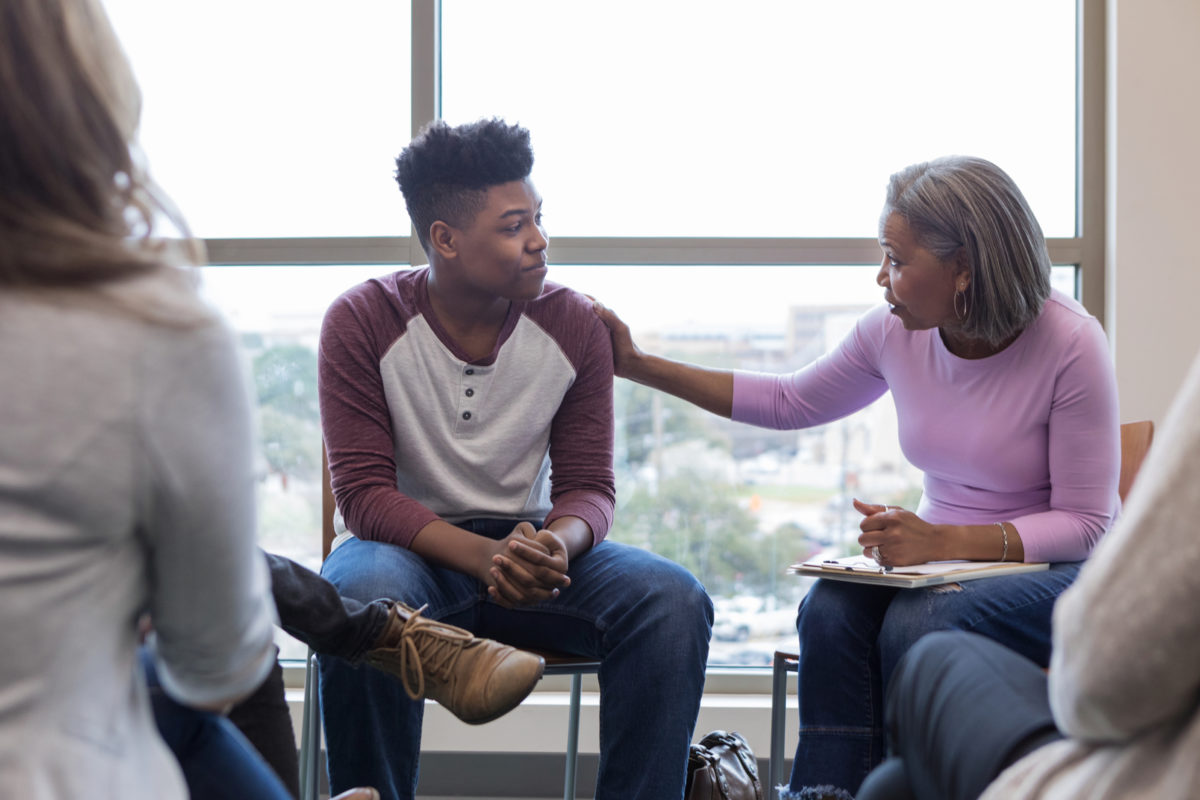
Last night Michael’s car was broken into, a shiny pile of glass left behind next to where it was parked. Car burglaries are not only expensive and inconvenient, they can be scary. Even if nothing is physically taken, one is still robbed of their sense of safety.
A couple of days later, the police arrest a 16-year-old child, Nicholas, for the crime. Some friends had told Nicholas that breaking into cars was a good way to find cash. Caught up in the moment, he smashed Michael’s window and went through his belongings. He still had Michael’s laptop when he was arrested.
Of course, Nicholas must be held accountable for his actions. The current justice system normally approaches this through prosecution, conviction, and incarceration. But in doing so, it further harms both parties involved. Nicholas is jailed and becomes disconnected from school, paving the way for future arrests and involvement in the justice system. Whereas Michael gets stuck in a trauma loop, being forced to repeatedly rehash the experience as the case slowly makes its way through the court system.
There’s an alternative approach, though—a way to hold kids accountable and provide healing to both parties without causing further harm. It’s called restorative justice.
Restorative justice is a victim-centered approach to accountability. It brings the harmed individual and the child responsible for that harm together, as willing participants, for a facilitated discussion. Having to face the person they’ve harmed is described by participants as being harder – and more transformative – than any punishment the justice system currently delivers.
From there, the child can take responsibility for his or her actions and work with the harmed individual on a plan to make amends. The plan can include restitution, community service, a commitment to attend school, or any number of things.
The restorative justice process is described by harmed individuals as being healing instead of re-traumatizing, which our current justice system so often is. In one study, survivors reported one-third fewer post-traumatic stress symptoms at six weeks when involved in restorative justice practices, and 40% fewer symptoms at six months. In another, survivors who participated in restorative justice programs reported greater satisfaction, improved attitudes toward the child, are more willing to forgive the child, and are more likely to feel that the outcome was just.
For most children, engaging with the person they’ve harmed helps them understand the consequences of their choices and change their behavior moving forward. In fact, children who participated in a victim-offender mediation were rearrested at a 32% lower rate than those who did not.
This contrasts with the outcomes typical to the current court process that drags out for months while children languish in jail and become disconnected from school. For those who are incarcerated, more than 36% are rearrested within three years.
Just imagine, instead of sending Nicholas to prison, Michael and a mediator sit down with him just mere days after the offense. Nicholas apologizes and they both work out a plan for him to repay Michael for the items stolen and damage done to his car. Nicholas also agrees to attend school every day and participate in an after-school program that will keep him engaged in positive ways, and less likely to break into any more cars. As a result, Michael is afforded healing and Nicholas is afforded the opportunity to truly learn from his misbehavior.
Currently, New Orleans does not have a restorative justice model in place. However, last year a group of local justice advocates successfully argued for $300,000 in city funds to be set aside for such a program. New Orleans’ new District Attorney, Jason Williams, has already expressed interest in developing a restorative justice program as an alternative to juvenile prosecution. Stay tuned.
To learn more about restorative justice and other means for reshaping Louisiana’s juvenile justice system, join us for our Campaign for Children’s Rights in March – a new public education series hosted by LCCR that is free and open to the public. Hope to see you there!